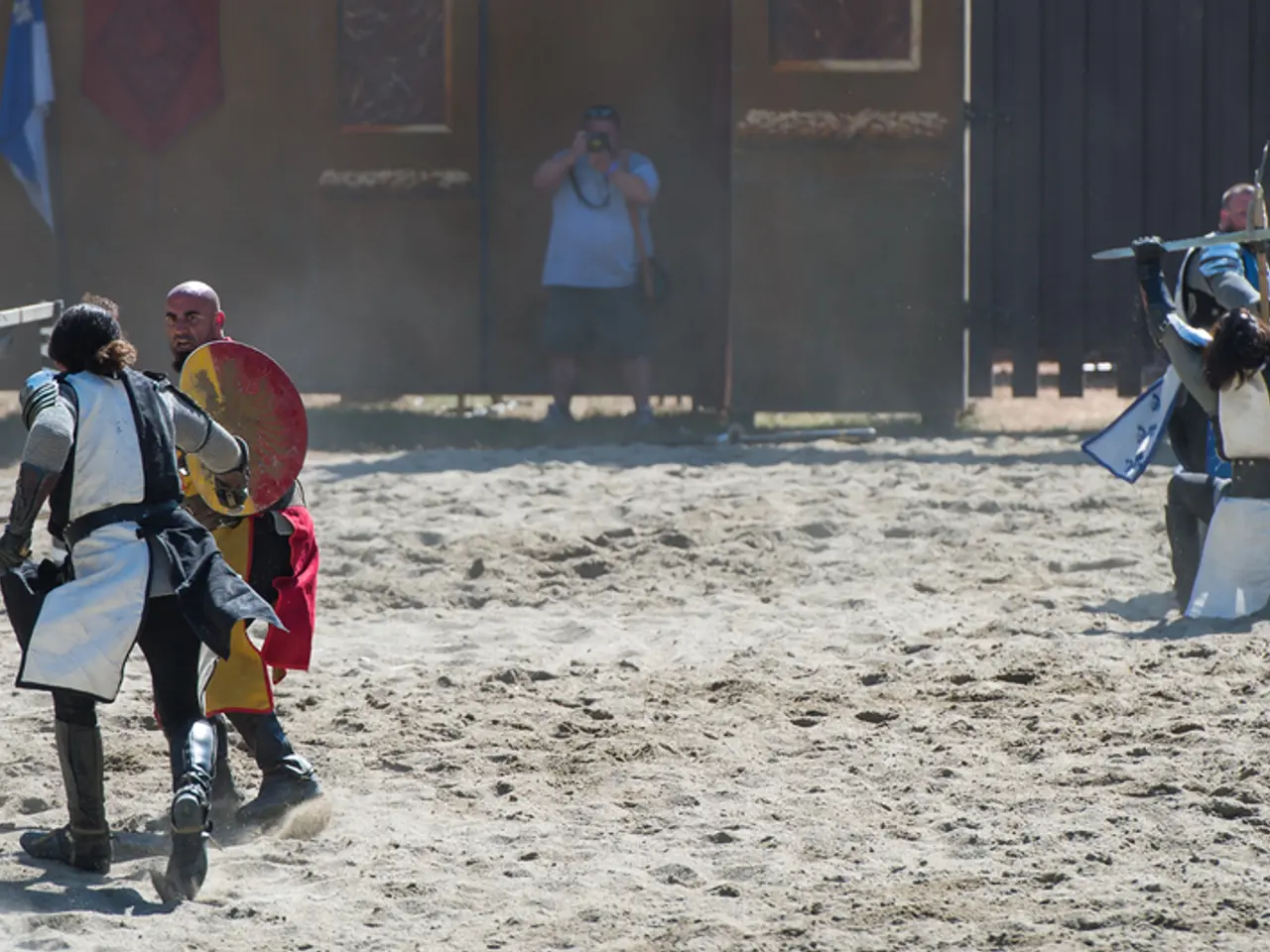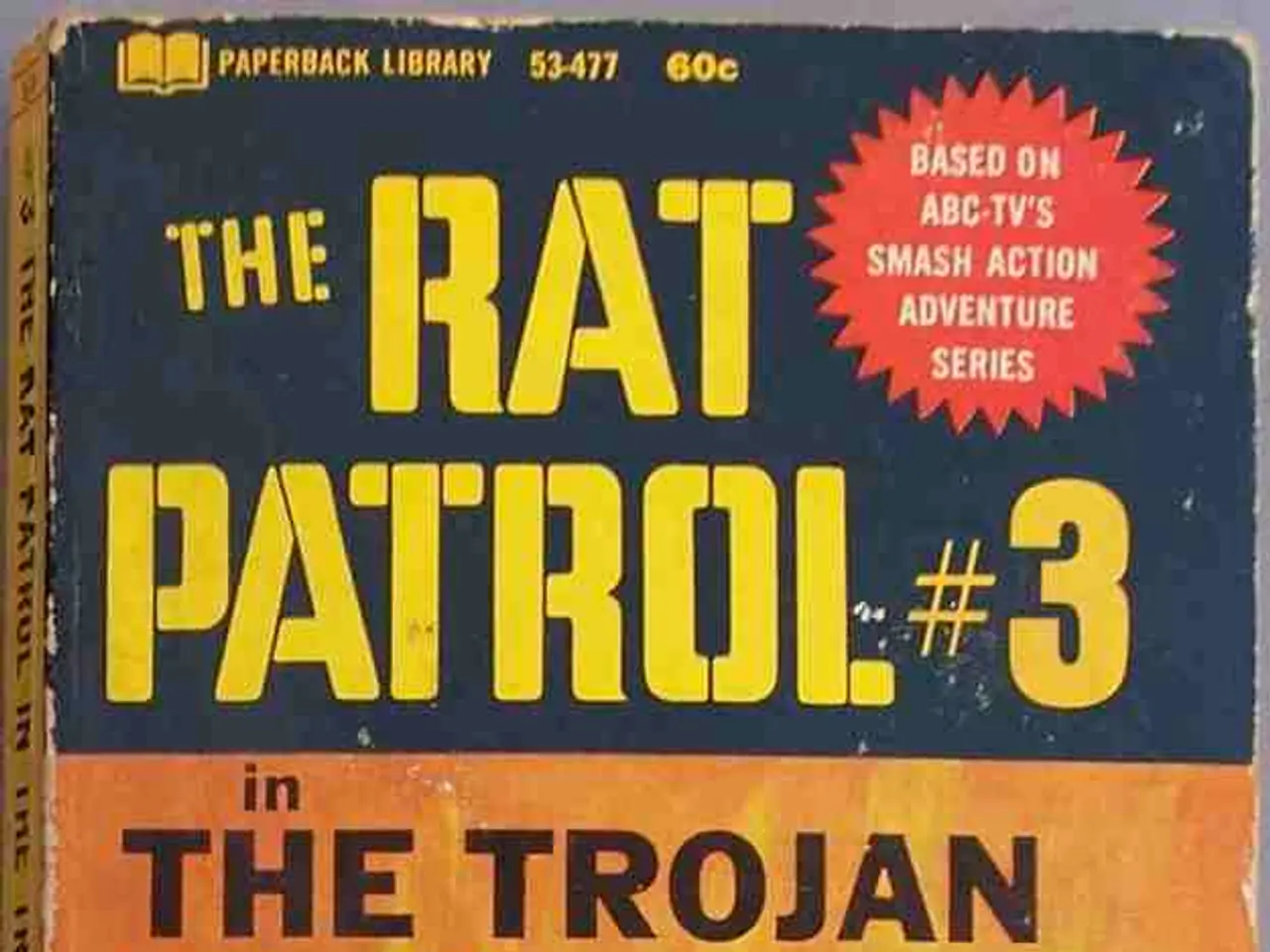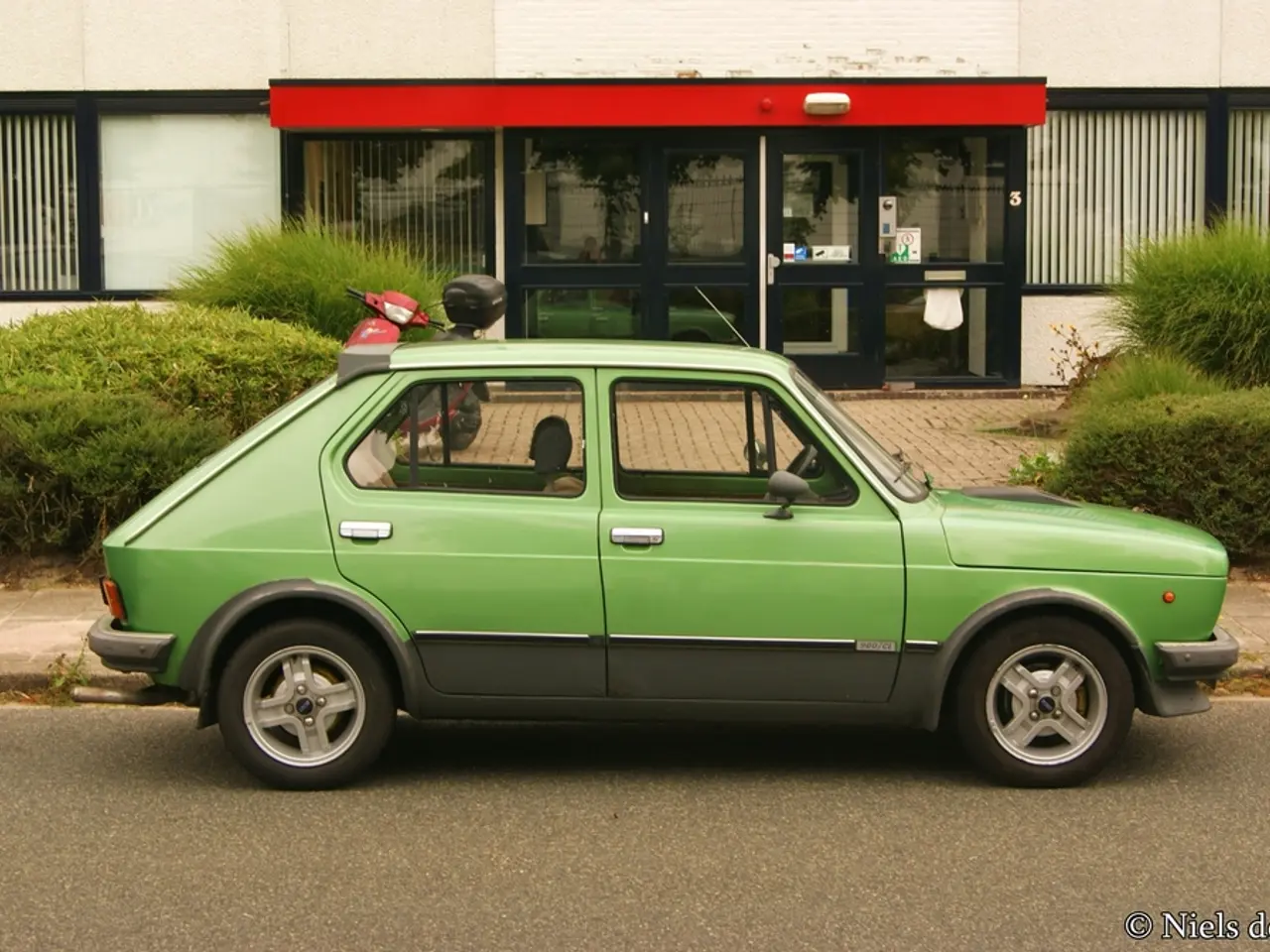Hungarian Prime Minister Orban advocates for Europe to discard the notion of a Russian threat, suggesting a less confrontational approach towards Moscow.
Hungarian Prime Minister Viktor Orbán Dismisses Russia as a Military Threat to Europe
Hungarian Prime Minister Viktor Orbán has rejected the notion that Russia poses a direct military threat to Europe or Hungary, stating that the "Russian threat" is a myth and Russia is not currently in a position to threaten Europe militarily [1][3].
In a series of statements, Orbán highlighted that Europe, supported by NATO and the United States, has significantly greater military strength and budget than Russia. He specifically mentioned Poland, Hungary, and Romania as countries in Eastern Europe that do not face real military threats [3].
Orbán also criticised the European Union’s and NATO’s policies that are heavily influenced by perceived threats from Russia, arguing that these policies are based on unrealistic assumptions that lead to poor decisions [1][3]. He urged stopping the dangerous arms race and working toward arms control agreements with Russia as well as managing energy cooperation.
Orbán believes that excluding Russia from energy trade could damage the global economy and benefit the U.S. at Europe’s expense [2]. Regarding the war in Ukraine, Orbán believes peace depends on addressing underlying issues such as sanctions, energy trade, and capital flows, not just military engagement [2].
The Prime Minister also pointed to the joint military budget of EU countries, which he claims is significantly larger than that of Russia [2]. He has previously accused the EU of supporting the conflict in Ukraine [4].
In a significant development, Orbán has expressed support for a comprehensive agreement between the presidents of Russia and the United States, Vladimir Putin and Donald Trump, as an important step for resolving the situation in Ukraine [5].
References: [1] TASS, "Orbán: EU should not base its policy on assumptions of a possible threat from Russia", 2021. [2] TASS, "Orbán: EU should work with Russia on arms control, energy cooperation", 2021. [3] TASS, "Orbán: Russia is not a military threat to Hungary, Poland, Romania", 2021. [4] TASS, "Orbán accuses EU of supporting conflict in Ukraine", 2019. [5] TASS, "Orbán supports comprehensive agreement between Putin and Trump on Ukraine", 2021.
- Despite the lingering perception of Russia as a military threat, Hungarian Prime Minister Viktor Orbán argues that the EU's and NATO's policies, heavily influenced by such fears, are based on unrealistic assumptions regarding Russia, with potential negative consequences for policy-and-legislation and general-news.
- Orbán, in his criticisms, highlights the European Union's and NATO's focus on war-and-conflicts, such as the conflict in Ukraine, while ignoring the need for negotiations and cooperation, particularly on matters such as arms control and energy trade, with Russia being a key player in both.
- The Hungarian Prime Minister maintains that addressing migration, a complex issue affecting both Europe and Russia, requires a more nuanced approach that goes beyond military engagement, emphasizing the importance of managing capital flows, energy trade, and diplomatic relations, as crucial components of peace in war-and-conflicts-prone regions like Ukraine.





